17 Caribbean Hotspots With Scam Risks + 3 To Avoid Completely
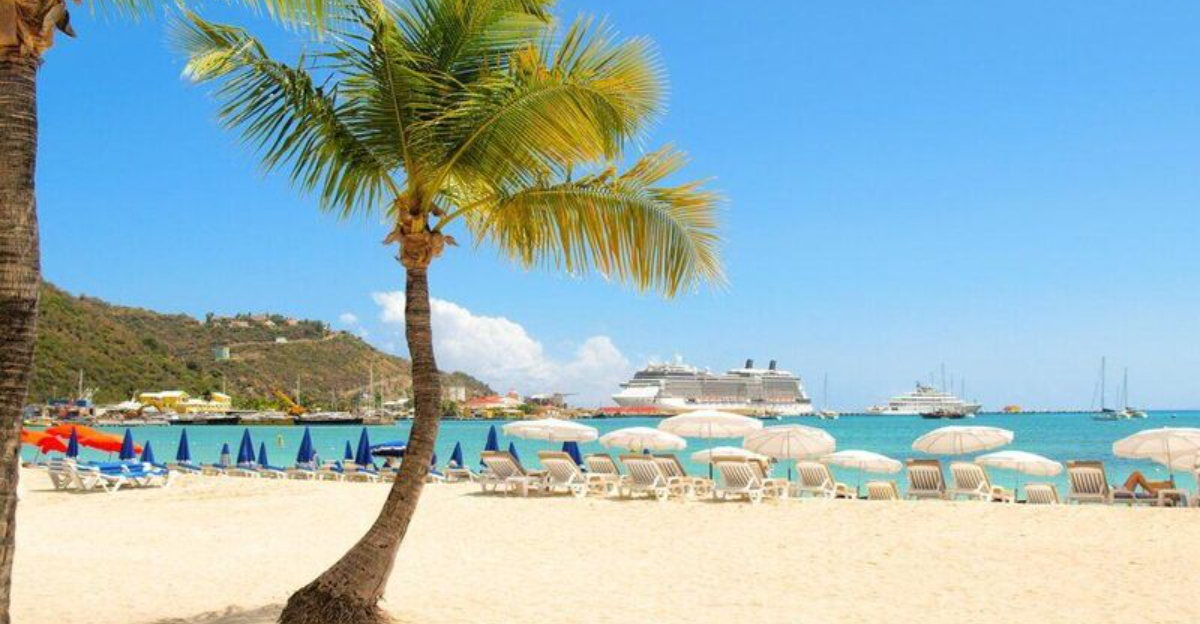
Dreaming of turquoise waters and swaying palm trees? The Caribbean delivers—but it’s not all piña coladas and picture-perfect sunsets. After visiting dozens of islands, I’ve learned that paradise sometimes comes with a few strings attached… like overpriced taxis, fake excursions, or “friendly locals” with not-so-friendly intentions.
This guide isn’t meant to scare you off—it’s here to help you travel smart. I’ll break down common scams, which islands require extra street smarts, and how to enjoy your trip without falling into tourist traps. Because let’s face it—getting hustled on vacation is no way to spend your beach day.
Ready to soak up the sun without the stress? Let’s dive in.
1. Kingston High Crime Levels (Avoid This One)
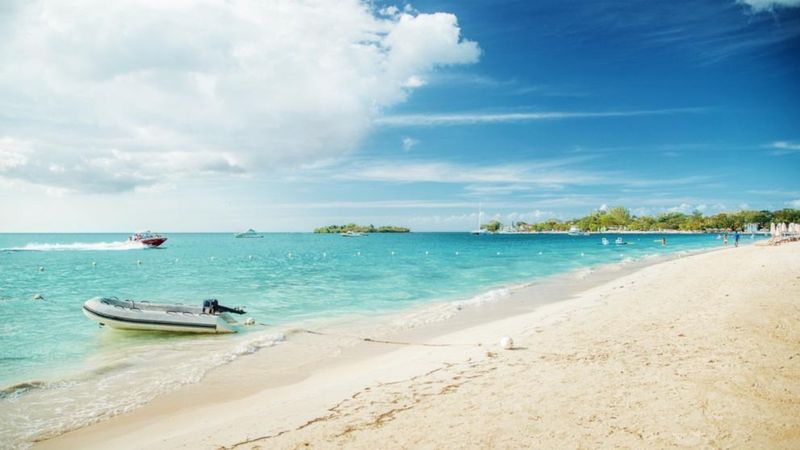
Jamaica’s capital has neighborhoods where tourists should never wander. Downtown Kingston’s crime statistics are alarming, with robbery and assault rates that put visitors at serious risk.
Local police often lack resources to protect tourists effectively. Many incidents go unreported because victims fear retaliation or simply want to continue their vacation without complications.
If your Caribbean plans include Jamaica, consider Negril or Montego Bay instead. These areas have their own scams but offer significantly better security infrastructure and dedicated tourist police who respond quickly to incidents.
2. Tortola Jewelry Scams

Street vendors on this British Virgin Island often claim their jewelry contains authentic gemstones and precious metals at suspiciously low prices. The reality? Most pieces are mass-produced fakes worth a fraction of what you’ll pay.
Sellers frequently target cruise ship passengers who have limited time to shop around or verify authenticity. They’ll pressure you with stories about “special deals today only” or claim their grandmother handcrafted each piece.
When shopping for jewelry in Tortola, stick to established stores with proper certification for their merchandise. Reputable shops provide documentation proving authenticity and offer return policies that street vendors never will.
3. Charlotte Amalie Overfriendly Sellers
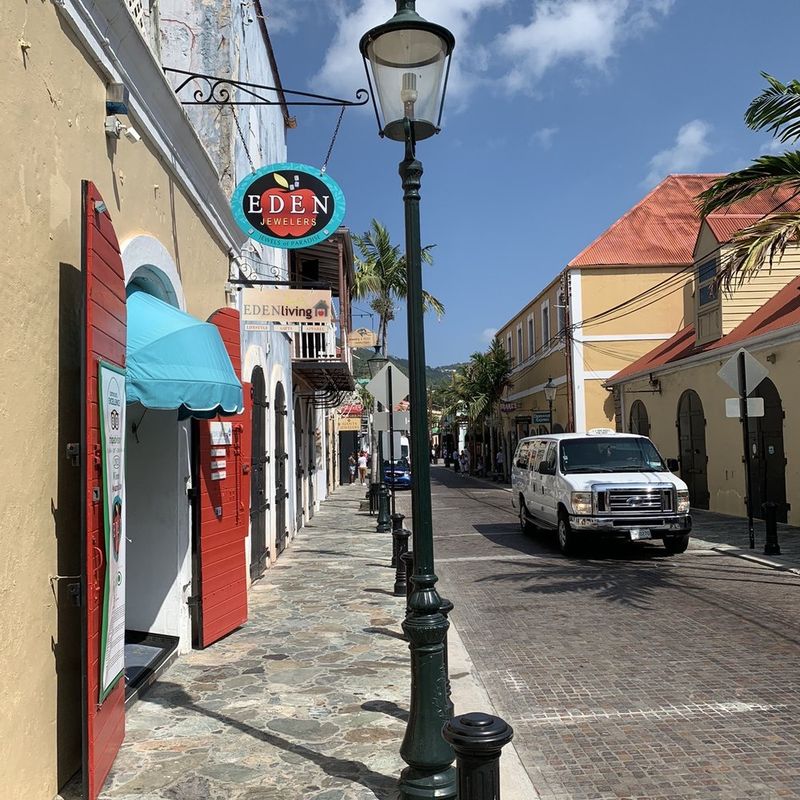
St. Thomas’s main shopping district attracts cruisers with duty-free bargains, but watch for the “friendship bracelet” trick. Someone approaches, asking your name or where you’re from, then ties a bracelet on your wrist while chatting pleasantly.
Suddenly, they demand payment, claiming you accepted their product. These encounters feel friendly until they turn aggressive when you refuse to pay. Similar tactics happen with “free” samples or photos with costumed characters.
Keep a polite distance from overly friendly strangers in Charlotte Amalie. Practice saying “no thank you” firmly and avoid physical contact with vendors. Legitimate businesses don’t ambush customers or force merchandise on them.
4. Cap-Haïtien Safety Concerns (Avoid This One)

Haiti’s northern city presents serious risks for travelers despite its historical attractions. Political instability has created perfect conditions for organized scams targeting foreigners, including fake checkpoints and kidnapping threats.
Criminal groups sometimes impersonate police officers or tour guides to gain trust. Once isolated, tourists face robbery or demands for “emergency fees” to continue their journey. Medical assistance is limited if something goes wrong.
Most travel insurance policies don’t cover incidents in Cap-Haïtien due to government travel advisories against visiting. Even experienced Caribbean travelers should remove this destination from their itinerary until conditions improve significantly. The beautiful history isn’t worth the current danger.
5. Ocho Rios Bracelet Scam
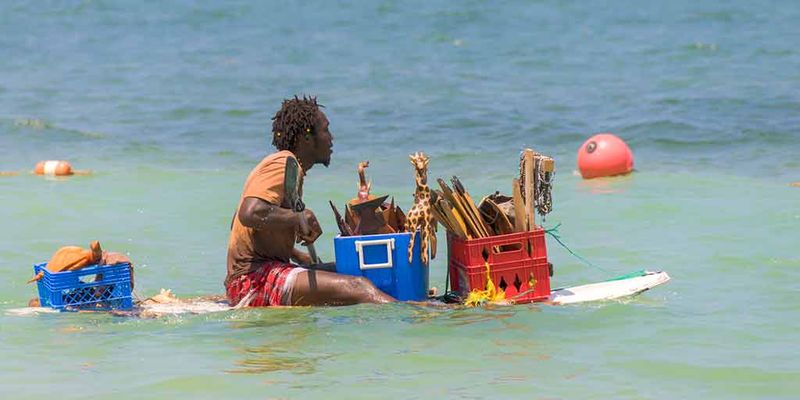
Walking near Jamaican beaches might bring friendly locals offering to braid your hair or create a custom bracelet. They start working before establishing a price, making casual conversation while their hands stay busy.
When finished, they demand $50+ for their services! Refusing payment can lead to uncomfortable confrontations as they follow you, loudly insisting you’re trying to cheat them. This creates public pressure to pay just to escape the situation.
Always establish prices upfront for any service in Ocho Rios. Don’t allow anyone to start work without clear agreement on cost. If approached, a firm “no thanks” while continuing to walk works best to avoid this common tourist trap.
6. Santo Domingo Pickpockets
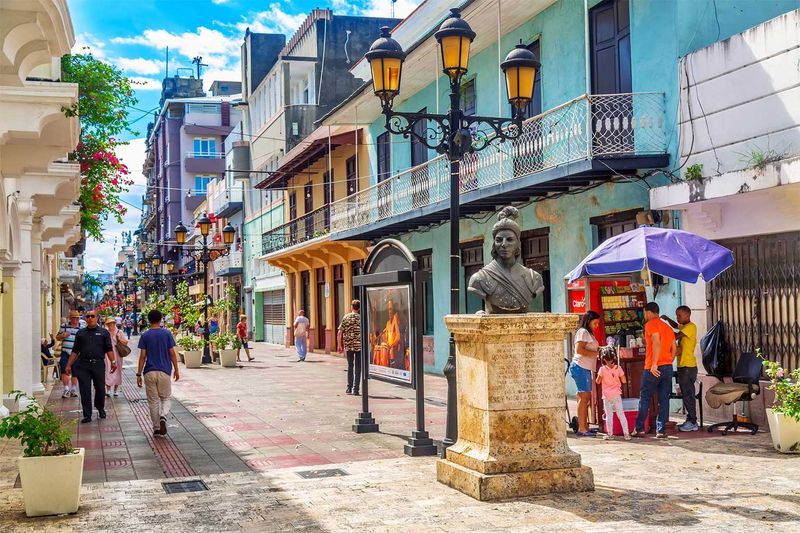
The Dominican Republic’s capital features colonial architecture worth exploring, but its crowded markets and tourist areas attract skilled pickpockets. These thieves work in coordinated teams – one creates a distraction while another lifts valuables.
Common tactics include “accidental” spills on your clothing, someone asking for directions with a map, or children approaching to sell trinkets. While engaged with one person, another quickly grabs phones, wallets, or cameras.
Wear a money belt under clothing when visiting Santo Domingo. Keep minimal cash in accessible pockets and leave expensive watches or jewelry at your hotel safe. Stay especially alert in the Colonial Zone and on public transportation where close quarters make theft easier.
7. Castries Fake Tour Guides
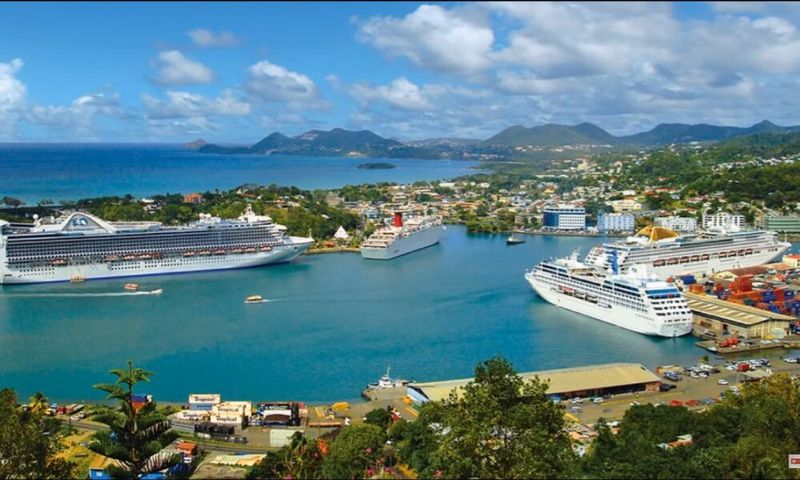
St. Lucia’s port city welcomes cruise ships daily, creating opportunities for unauthorized “guides” to approach travelers. These individuals claim to work for official tour companies or your cruise line but operate independently without permits or insurance.
Their knowledge of local attractions is often limited or filled with fabricated stories. Worse, they might lead you to isolated areas where accomplices wait to rob you, or to shops that pay them commissions for bringing tourists.
Legitimate guides in Castries carry identification cards issued by the tourism board. Book excursions through your hotel, cruise line, or established agencies with physical offices. The extra cost ensures safety standards, proper insurance, and guides with verified expertise about St. Lucia’s attractions.
8. Willemstad Questionable Rentals
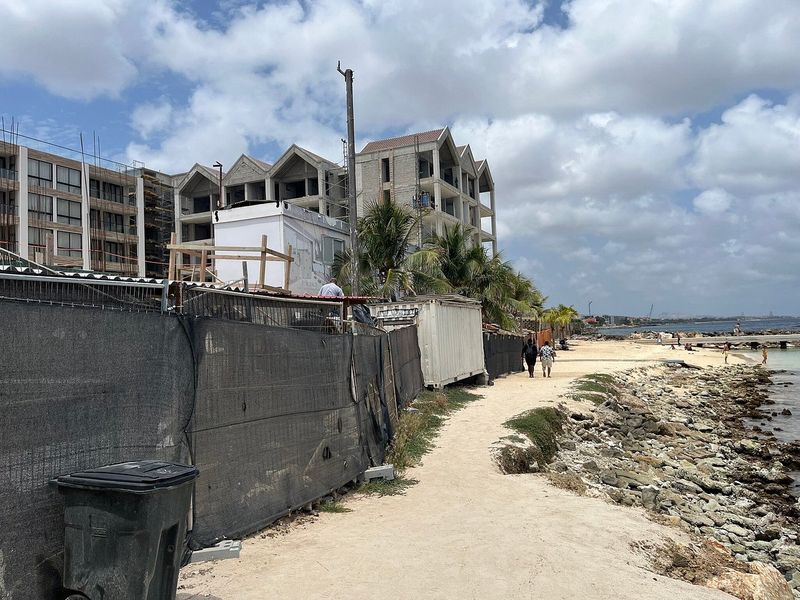
Scammers have targeted Curaçao’s vacation rental market, using convincing online ads and stolen photos to trick visitors into reserving non-existent properties.
Victims arrive to find unfinished construction, dangerous neighborhoods, or properties already occupied by owners who never listed them. By then, the scammer has disappeared with your deposit money, leaving you scrambling for last-minute accommodations at premium prices.
Use established booking platforms with verified reviews when securing Willemstad accommodations. Be suspicious of deals significantly below market rates or owners who only communicate via email. Google image search property photos to ensure they haven’t been stolen from other listings.
9. San Juan Taxi Hustles

Puerto Rico’s vibrant capital sees drivers charging tourists quadruple the normal rates for short trips. Unlicensed taxis frequently operate near cruise terminals and popular hotels, targeting visitors unfamiliar with local transportation costs.
These drivers often claim their meter is “broken” or that flat rates apply from tourist areas. Some take unnecessarily long routes to increase fares or suddenly add unexpected charges for luggage or additional passengers after reaching your destination.
Look for official taxis with proper identification and working meters in San Juan. Agree on fares before entering any cab without a meter. Consider ride-sharing apps which show routes and estimated costs upfront, creating a digital record of your journey that discourages overcharging.
10. Oranjestad Tipping Pressure
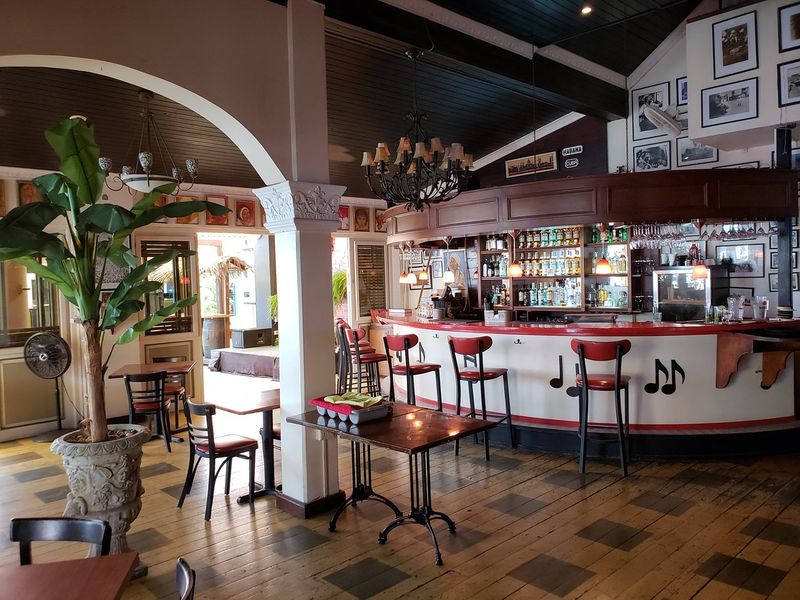
A growing number of restaurants in Aruba’s capital quietly include steep tip suggestions, sometimes up to 30%, creating confusion for visitors unaware of local customs.
If questioned, staff might claim “this is how we do it in Aruba” or that service charges don’t go to servers. Some restaurants print confusing bills where the service charge appears mandatory or is listed in Dutch to create uncertainty for English-speaking tourists.
Check your bill carefully in Oranjestad establishments. Standard service charges in Aruba typically range from 10-15% when included. Ask which charges are mandatory versus suggested before paying. Carry small bills so you can leave appropriate tips directly to servers when genuine good service deserves recognition.
11. Montego Bay Street Scams
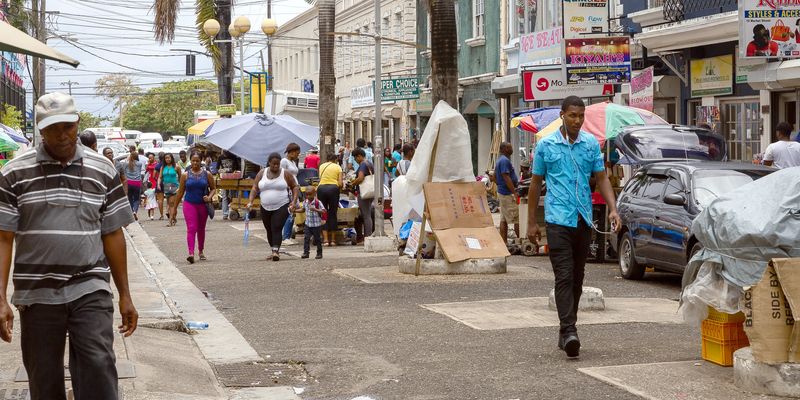
Jamaica’s tourist hub features friendly locals offering to show you “secret beaches” or “authentic restaurants” away from tourist areas. While some guides are legitimate, others lead visitors to isolated locations for robbery or to shops paying commissions.
Another common trick involves someone claiming your resort sent them to deliver an “urgent message” requiring you to return immediately. Upon arrival, you’re pressured into timeshare presentations or expensive excursion bookings endorsed by fictional hotel staff.
Stick to excursions arranged through licensed operators in Montego Bay. If someone claims to represent your hotel, call the front desk to verify before following them anywhere. The genuine Jamaican hospitality is wonderful, but exercise caution with unexpected offers from strangers.
12. Basseterre Time-Share Pitches
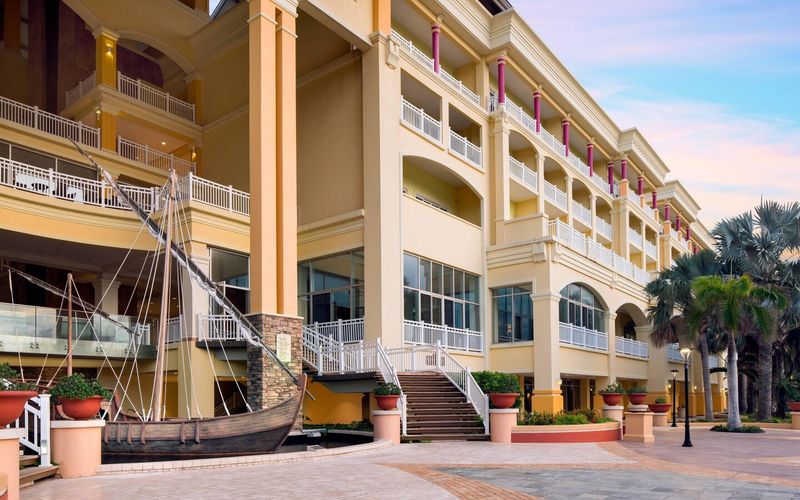
What starts as a “complimentary” tour in Basseterre can quickly turn into a multi-hour timeshare pitch, targeting cruise passengers with limited time and little context.
Salespeople make unrealistic promises about investment potential and availability. They create false urgency by claiming “today only” discounts requiring immediate decisions. Many tourists waste precious port time in these presentations instead of enjoying the island.
Nothing is truly free in Basseterre’s timeshare world. Calculate the real cost of these “gifts” by considering your limited time in port. If genuinely interested in timeshares, research thoroughly before your trip rather than making impulsive decisions under pressure from commission-motivated salespeople with carefully crafted scripts.
13. Fort-de-France Currency Confusion
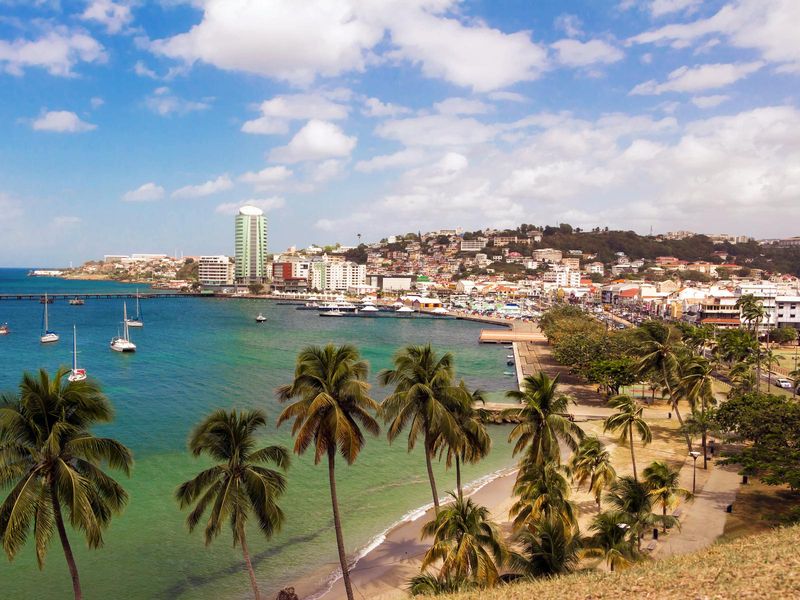
Although Martinique uses the euro, dishonest vendors sometimes exploit visitors unfamiliar with the currency, handing back less valuable EC dollars as change.
Street vendors might quote prices without specifying currency, then insist they meant euros (not dollars) when you try to pay. Others accept US dollars but apply terrible exchange rates, sometimes giving change in a third currency to further complicate calculations.
Always confirm which currency is being used before making purchases in Fort-de-France. Calculate conversions using your phone rather than trusting vendor rates. Pay with credit cards when possible at established businesses, as they provide better exchange rates and transaction records if disputes arise.
14. St. John’s Beach Charges

Antigua’s capital appears to offer free beach access, but visitors often encounter unexpected fees after settling in. Enterprising locals approach with demands for “beach maintenance fees” or chair rentals you never requested but are already using.
Some claim to be official beach attendants collecting government taxes. Others place chairs near arriving tourists, then return demanding payment after you’ve unpacked. Refusing can lead to uncomfortable confrontations as they persist, sometimes becoming aggressive.
Research which beaches truly have free access near St. John’s. Clarify any charges before accepting services or equipment. Most legitimate beach businesses have fixed locations with clear pricing, not roaming “attendants” targeting isolated tourists. Keep small bills handy for actual services you choose to use.
15. Roseau Tour Price Swaps
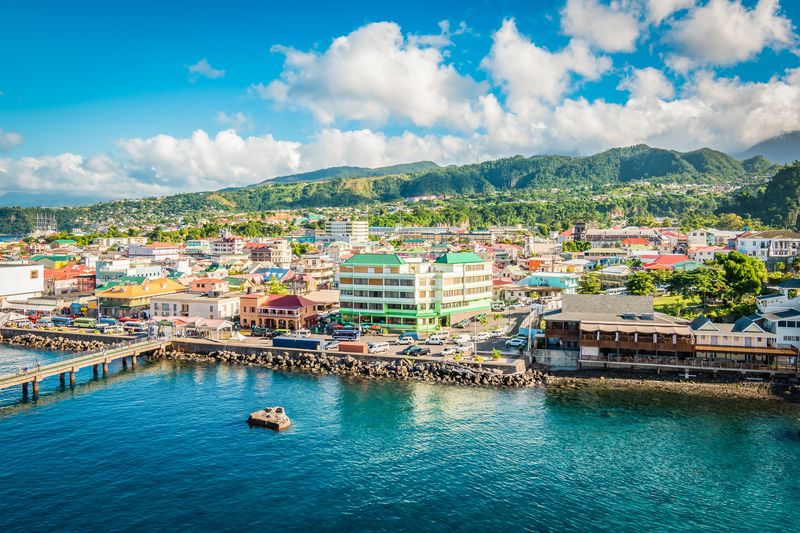
A common scam in Dominica’s capital involves guides adding fees after the fact, especially on nature tours, where they claim additional costs for “special” stops or services.
Drivers might take detours to “bonus stops” then charge extra for the additional time. Some guides request separate tips for themselves and drivers despite initial claims that gratuities were included. Once in remote locations, tourists feel pressured to pay rather than risk being stranded.
Get all tour details in writing when booking in Roseau. Specify exactly what’s included and what constitutes extra charges. Reputable companies provide clear receipts and honor their original quotes. Consider paying deposits rather than full amounts upfront to maintain some leverage if disputes arise.
16. Port-au-Prince Risk Zones (Avoid This One)
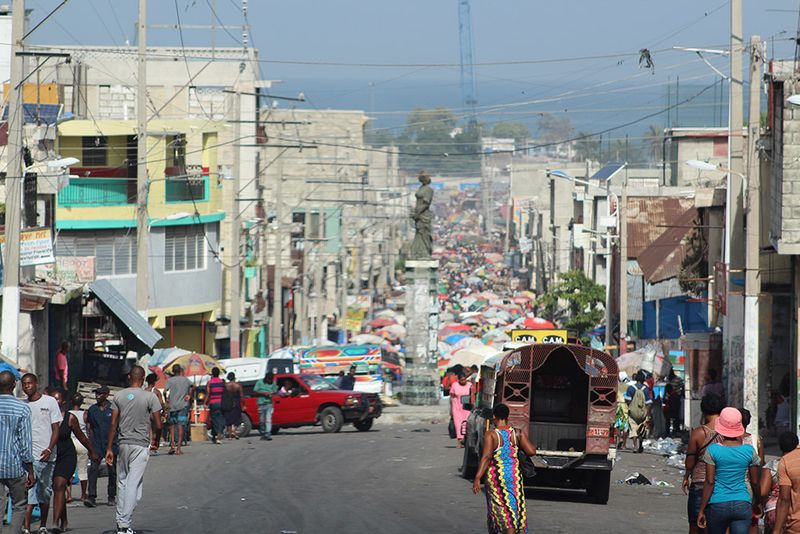
Kidnappings for ransom have surged in Port-au-Prince, with criminal groups targeting foreigners amid a breakdown of security and widespread gang control.
Even official-seeming police checkpoints may be operated by criminals. Airport transfers, typically safe in most countries, have become opportunities for coordinated abductions. Hotel security varies dramatically and cannot guarantee protection against armed groups.
Every major government travel advisory warns against visiting Port-au-Prince. Medical facilities are inadequate for emergency care, and embassy services are limited due to staff reductions. While Haiti has a rich culture and history worth experiencing, current conditions make this city impossible to recommend for any type of tourism.
17. Punta Cana Tourist Traps
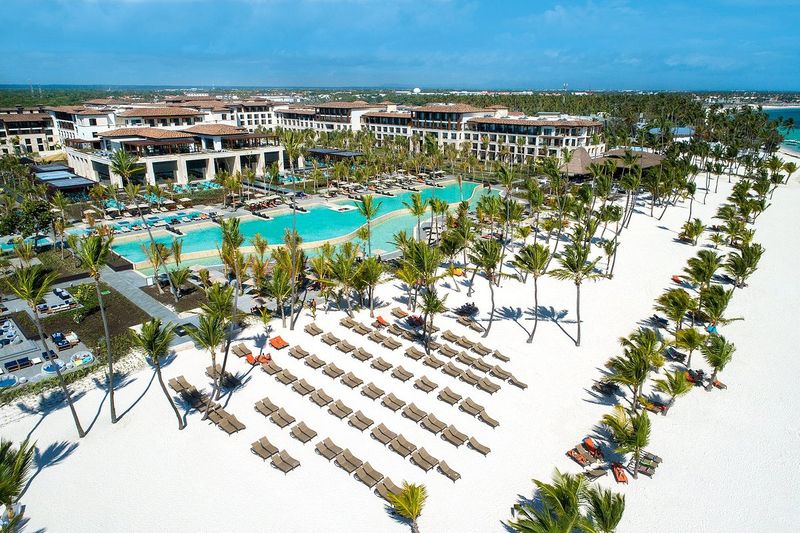
The Dominican Republic’s popular resort area features “cultural shopping experiences” where tour guides bring visitors to specific stores claiming to offer authentic local crafts. In reality, these shops sell mass-produced items at inflated prices while guides collect commissions.
Another common scheme involves beach photographers taking unsolicited pictures, then demanding payment. Some follow tourists for extended periods, becoming increasingly aggressive if ignored. Resort staff sometimes participate by steering guests toward specific vendors or excursions that pay kickbacks.
Research fair prices for souvenirs before shopping in Punta Cana. Venture beyond your resort to find authentic local markets where prices reflect true value. When approached by photographers, clearly state your disinterest immediately rather than allowing them to take photos you’ll feel pressured to purchase.
18. Bridgetown Market Overcharges
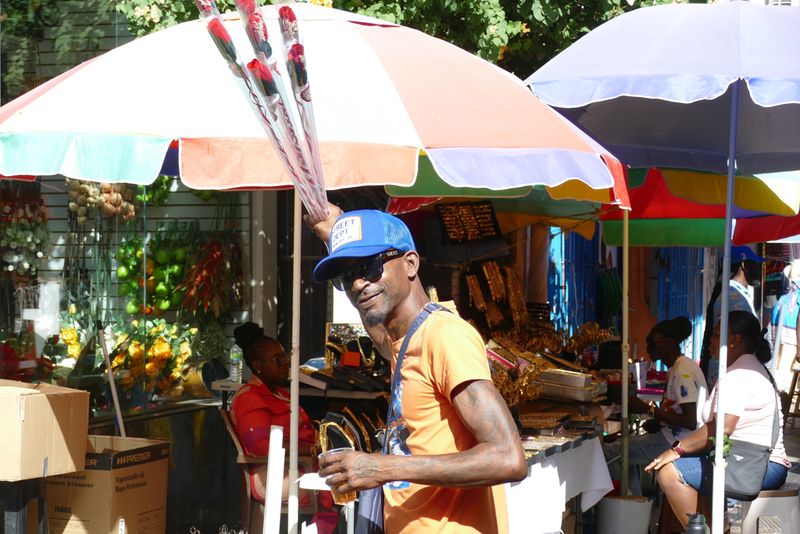
While Bridgetown’s markets are rich in culture and energy, tourists can expect a wide pricing gap, with cruise passengers commonly charged far more than locals for the same goods.
Some sellers use confusing pricing tactics, like quoting in Barbadian dollars without specifying the currency. Others employ team tactics where one vendor quotes high prices so another nearby can seem reasonable by comparison, despite still being overpriced.
Learn basic price ranges before shopping in Bridgetown markets. Practice friendly negotiation starting at 40-50% of initial asking prices. Walk away if sellers won’t budge – this often triggers more reasonable offers. Shopping with local guides (not commission-based ones) can help you access fair pricing.
19. Philipsburg Overpriced Excursions
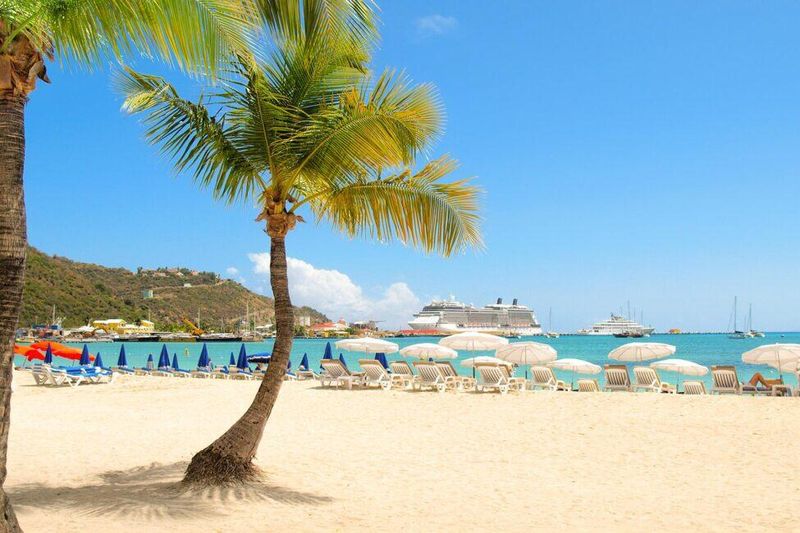
Cruise passengers in St. Maarten may be lured by off-the-ship tour deals, but these unofficial excursions frequently lack safety standards and professional oversight.
When problems occur – like vehicles breaking down or operators skipping advertised stops – tourists have no recourse. Some excursions end early with vague excuses, while others make unscheduled extended stops at shops paying commissions to guides.
Book through licensed operators with physical offices in Philipsburg or through your cruise line/hotel. While prices might be slightly higher, the security of proper insurance and guaranteed itineraries justifies the difference. Check online reviews specifically mentioning whether tours delivered what was promised without unexpected shopping detours.
20. Nassau Pushy Vendors
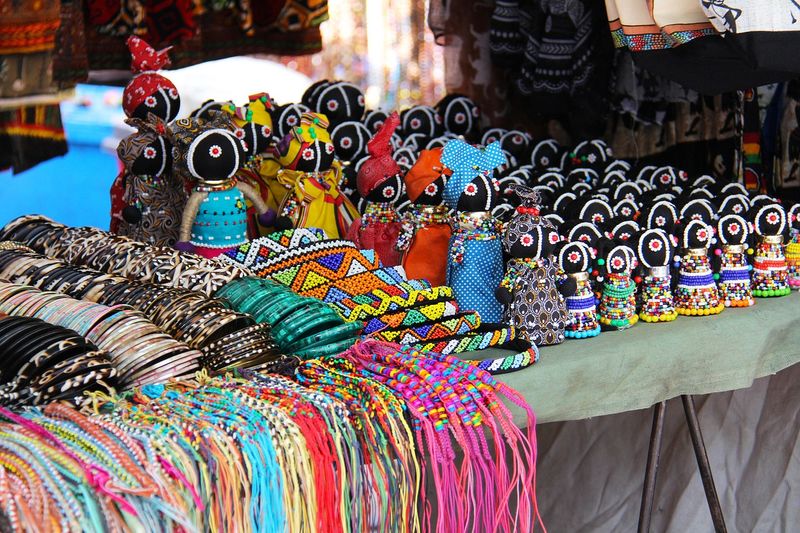
Cruise passengers arriving in Nassau are often met with overwhelming street vendors, including hair braiders who block walkways and sometimes grab arms or hair to push their services.
Straw Market vendors may switch items during packaging, replacing quality goods you selected with inferior versions. Others create confusion during transactions by rapidly counting change, shortchanging distracted tourists who feel uncomfortable recounting money publicly.
Maintain personal space in Nassau by walking purposefully with minimal eye contact in high-pressure areas. Count all change carefully before leaving vendor stalls. When purchasing higher-value items, watch as they’re wrapped to ensure no substitutions occur. Polite but firm refusals work better than indecision.
